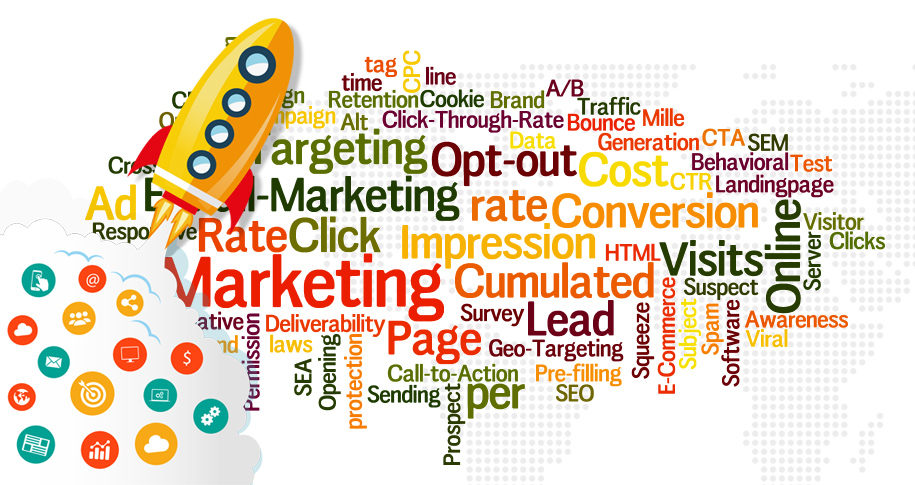What is Zoom Marketing?
Zoom marketing refers to the use of Zoom, a video conferencing platform, to host virtual events for marketing purposes. It is particularly valuable for businesses seeking to engage with remote audiences, promote products or services, or build community through webinars, product launches, or educational sessions. Zoom allows for live interaction, screen sharing, and video content, making it a powerful tool for connecting with audiences in real-time, regardless of location.
Why is Zoom Marketing Important?
- Wider Audience Reach
- Zoom enables businesses to engage with a global audience. Virtual events break down geographic barriers and allow businesses to reach potential customers and clients from anywhere in the world.
- Example: A global technology company uses Zoom to host a product demo, inviting attendees from multiple countries to join the session.
- Cost-Effective
- Hosting virtual events on Zoom reduces the costs associated with traditional in-person events, such as travel, accommodation, venue rental, and catering. It also allows businesses to scale their events without worrying about physical constraints.
- Example: A startup hosting a product launch on Zoom can reach thousands of people without the added expenses of hosting a physical event.
- Real-Time Engagement
- One of the key advantages of Zoom marketing is its ability to facilitate real-time communication between businesses and attendees. Through features like Q&A sessions, live polls, and chat functions, businesses can engage audiences in interactive ways.
- Example: A fitness brand hosts a live workout session on Zoom, where participants can ask questions during the session, increasing engagement and customer satisfaction.
- Data and AnalyticsDefinition
Analytics refers to the sy... More- Zoom provides data and analyticsDefinition
Analytics refers to the sy... More tools that allow businesses to measure engagement levels, attendee participation, and overall performance of their events. This valuable data can be used to improve future virtual events and refine marketing strategies. - Example: A nonprofit organization tracks attendee interactions and feedback from their Zoom webinar, using insights to improve the next event.
- Zoom provides data and analyticsDefinition
How to Leverage Zoom Marketing for Virtual Events
- Plan Interactive Sessions
- To keep participants engaged, ensure that your virtual event is interactive. This could involve live Q&A sessions, polls, giveaways, or break-out groups. Creating an interactive experience helps participants feel more involved and valued.
- Example: A marketing agency hosts a Zoom webinar on social mediaDefinition
Brand awareness is the ext... More strategies, with live polls and a Q&A session, encouraging attendees to participate actively.
- Offer Valuable Content
- The success of Zoom marketing relies on the value of the content being shared. Make sure your virtual event provides useful, actionable insights that attendees can apply in their personal or professional lives.
- Example: An online course provider hosts a Zoom session that offers free tips on digital marketingWhat Is Digital Marketing?
Digital ma... More, with the aim of driving interest in their paid courses.
- Promote Your Virtual Event
- Use email marketingWhat Is Email Marketing?
Email market... More, social mediaDefinition
Brand awareness is the ext... More, and other digital channels to promote your Zoom event. Ensure you have a solid pre-event marketing strategy to generate interest and increase registrations. - Example: A software company uses social mediaDefinition
Brand awareness is the ext... More and email campaigns to promote their upcoming Zoom demo on new software features.
- Use email marketingWhat Is Email Marketing?
- Follow Up After the Event
- After the virtual event, follow up with attendees by sending thank-you emails, sharing event recordings, or offering exclusive discounts or content. This helps maintain the relationship and continues the marketing conversation.
- Example: A fashion brand follows up with attendees of a Zoom fashion show by offering them a limited-time discount code to shop the collection.
Conclusion
Zoom marketing is an essential tool for businesses looking to reach a wide audience, reduce event costs, and increase real-time engagement. Whether hosting webinars, product demos, or virtual conferences, Zoom offers businesses a flexible and cost-effective way to connect with their audience. By offering valuable content, ensuring interactivity, and promoting events effectively, businesses can make the most of this powerful marketing channel.
